Coddle Creek WTP Chlorine Improvements
Garver’s phased approach maintains operations during construction and instills safety for operators.
The Coddle Creek Water Treatment Plan (CCWTP) in Concord, North Carolina, houses three 6,000-gallon storage tanks. Two of the tanks hold sodium hypochlorite and one is reserved for mixing bleach solution. One of the tanks developed a crack, forcing it out of service and limiting sodium hypochlorite storage. Along with the cracked tank, the concrete storage room had been damaged by the corrosive environment and previous chemical overflow into the containment area. In addition to the surficial damage on the walls, floors, and equipment pads, rebar and steel equipment supports have corroded.
Garver’s facility evaluation led to the recommendation that CCWTP replace all three storage tanks in a phased format, replace aged equipment and parts, and replace all four chemical feed pumps, as they had reached the end of their useful service life. These improvements will include corrosion-resistant coatings and secondary containment measures essential for housing hazardous acids and chemicals safely.
The phased replacement of the three storage tanks began with determining the most effective tank type. The original storage tanks were fiberglass reinforced plastic (FRP). They deteriorated quickly, and were replaced by tanks made of polyethylene. As a solution, Garver selected High Density Linear Polyethylene (HDLPE) storage tanks. A temporary storage and pumping station has been set up outside the building to maintain chemical feed system operations during construction. Along with the storage tank replacements, upgrades include concrete repairs to floors, walls, and equipment pads, as well as the replacement of all floor-mounted steel pipe supports with stainless steel.
Floors, walls, and equipment pads will receive a protective coating to better withstand harsh chemicals. All four chemical feed pumps will be replaced, and a fifth pump will be added to make regular maintenance easier. Peristaltic pumps will be used, as they have valves that can’t clog, are self-priming, don’t vapor lock, and don’t require bypass valves. And since the existing feed system sometimes experiences gas bubbles that can lock the feed pumps, Garver will add air relief valves on the main chemical lines to help remediate that issue.
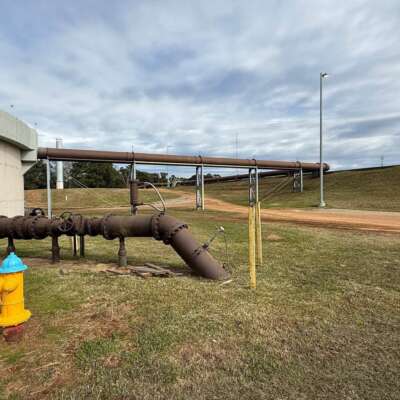
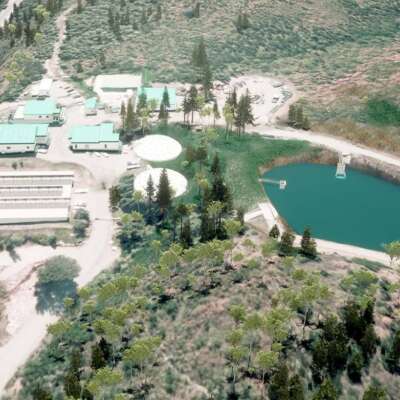
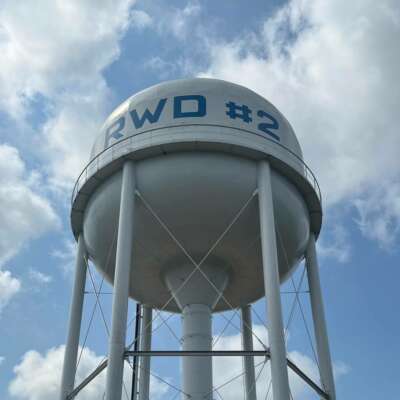
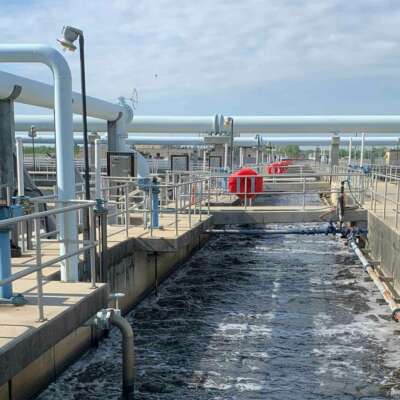

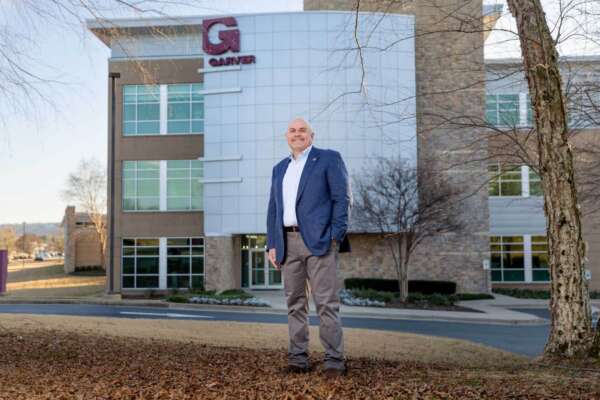

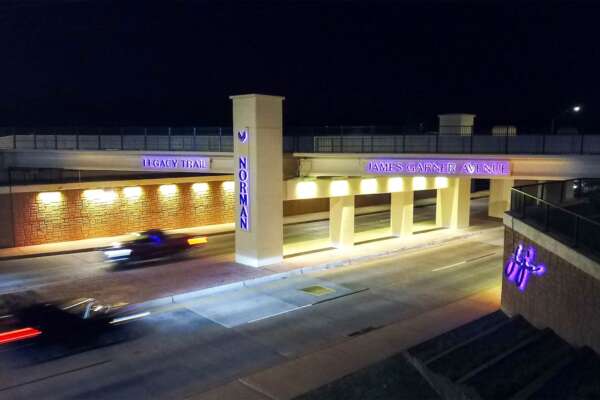



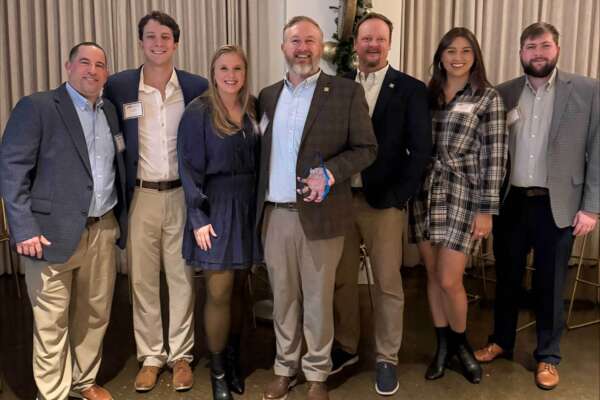

Share this article